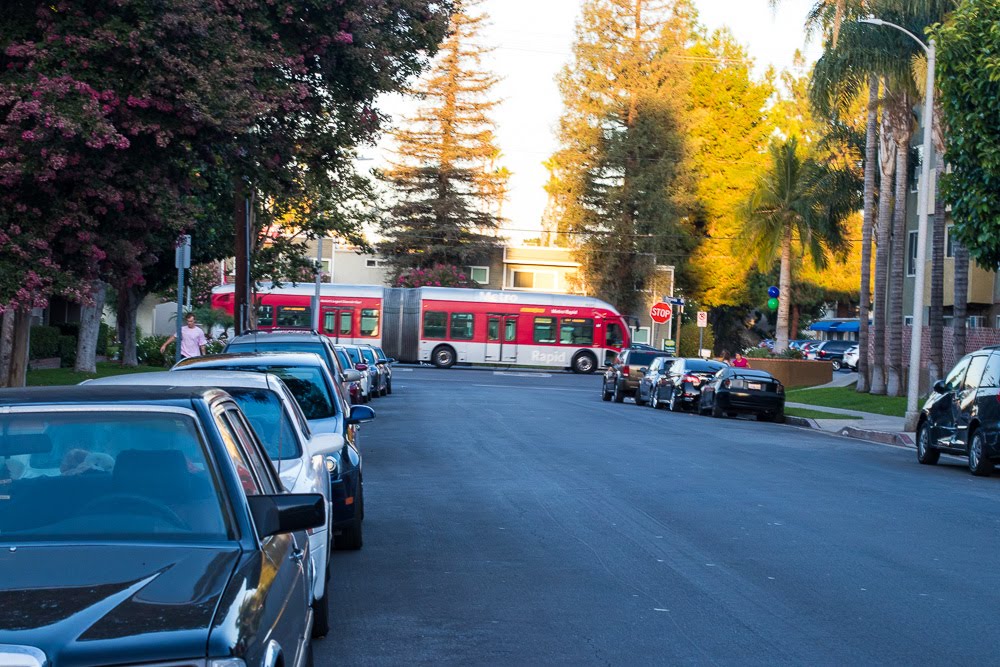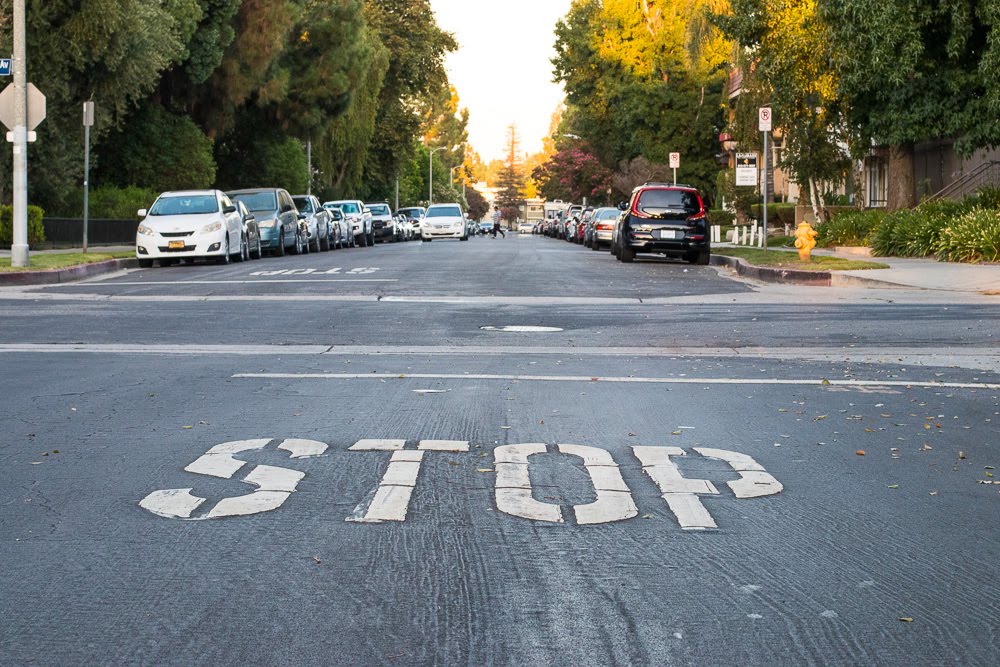A driver may not safely drive with the trailer’s extra weight length or equipment failure may cause a crash says Philly car accident lawyer Rand Spear.
The trailers you see just aren’t of the tractor-trailer variety. As the weather warms, more and more people will be towing campers, boats and horse trailers. If improperly driven, equipped or poorly maintained these trailers can pose a deadly threat on our highways and streets. Philadelphia car accident lawyer Rand Spear says drivers need to be wary of these vehicles and be prepared in case the unexpected happens.

Causes of towing accidents include overloading the camper or trailer, the towing vehicle isn’t powerful enough to safely tow it, tires burst because they haven’t been inflated or replaced as needed and poor driving technique. Other causes can include jackknifing when braking, the trailer swaying, poorly matched equipment and unbalanced loads. The United Kingdom’s Highway Agency has these suggestions to avoid these problems for anyone towing something,
- Do a final maintenance check before your trip, especially if what you’re towing hasn’t moved all year,
- Check the vehicle and trailer tires (including the spares) to make sure they’re in safe condition and properly inflated,
- Make sure the loads in the towed and towing vehicles are secure, that the weight is evenly distributed and not excessive,
- Be aware that driving with a trailer is different than just driving the vehicle, especially the longer braking distances and slower acceleration,
- Use extended mirrors if you’re towing a wider trailer to make sure you have clear and sufficient visibility of the trailer and of other vehicles on the road, and
- If you need to pull over in an emergency make sure you have enough space to safely do so.
GMC has these safety tips for towers,
- Learn the towing capacity of your vehicle and make sure it’s capable of handling the weight of what you’re towing. If you exceed the towing limit it can result in dangerous handling, insufficient braking or serious vehicle damage. You should also make sure your trailer hitch is capable of handling your trailer’s loaded weight.
- If you’re carrying extra passengers or cargo, factor in the trailer and make sure you’re not asking your vehicle to transport too much weight. Look at the gross vehicle weight (GVW) and the gross combination weight rating (GCWR) ratings and ensure your vehicle doesn’t exceed them.
- Check your trailer lights. Make sure the tail lights and marker lamps on your trailer function. Without them other drivers will have a hard time seeing your trailer, especially at night.
- Check your trailer’s brakes. Smaller, lighter trailers may not need brakes but campers and heavier trailers, or those designed to carry heavier loads like boats, normally incorporate a trailer brake system. Make sure the emergency “breakaway” cable is attached to your vehicle. If the trailer disconnects from the hitch, it’s designed to trigger the trailer brakes to quickly bring it to a stop.
If you’ll be towing anything this summer, take these steps to make sure that you, your passengers and everyone else on the road gets to their destination safely. If you or a loved one were injured in an accident because a driver didn’t do the right things and negligently drove his or her vehicle and trailer, don’t wait to speak to a personal injury lawyer about your case. Protect your rights – contact us on the web or call Philadelphia and New Jersey car accident lawyer Rand Spear today at 877-GET-RAND.
Call or text (215) 985-2424 or complete a Free Case Evaluation form









